The End of an Old Song (1969)
I recall back instead of going forward.
Genre : Documentary, Music
Runtime : 30M
Director : John Cohen
Synopsis
John Cohen, founding member of the ‘50s folk troupe the New Lost City Ramblers, started making films in order to bring together the two disciplines he was heavily active in: music and photography. The End of an Old Song brings us to North Carolina, and demonstrates the power of old English ballads sung with gusto while soused in a saloon.
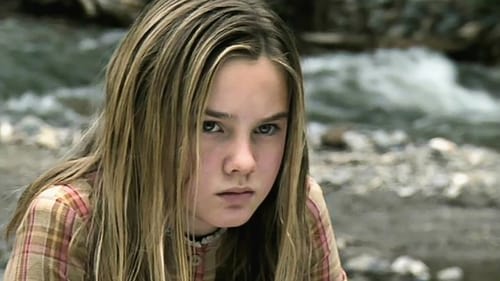
In seeking her own redemption from the one man of whom she is most afraid, 10-year-old Cadi Forbes discovers a secret sin haunting her community of Welsh immigrants in 1850s Appalachia.
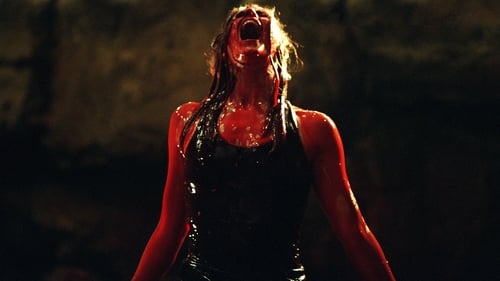
After a tragic accident, six friends reunite for a caving expedition. Their adventure soon goes horribly wrong when a collapse traps them deep underground and they find themselves pursued by bloodthirsty creatures. As their friendships deteriorate, they find themselves in a desperate struggle to survive the creatures and each other.

Appalachian Journey is one of five films made from footage that Alan Lomax shot between 1978 and 1985 for the PBS American Patchwork series (1991). It offers songs, dances, stories, and religious rituals of the Southern Appalachians. Preachers, singers, fiddlers, banjo pickers, moonshiners, cloggers, and square dancers recount the good times and the hard times of rural life there. Performers include Tommy Jarrell, Janette Carter, Ray and Stanley Hicks, Frank Proffitt Jr., Sheila Kay Adams, Nimrod Workman and Phyllis Boyens, Raymond Fairchild, and others, with a bonus of a few African-Americans from the North Carolina Piedmont. Narrated by Alan Lomax. The Association for Cultural Equity’s Alan Lomax Archive channel on YouTube additionally streams outtakes from this film: other strong performances by Sheila Kay Adams, Dellie Norton, and Cas Wallin, Lawrence Eller, the Hickses, Algia Mae Hinton and John Dee Holeman, Tommy Jarrell, John “Doodle” Thrower, and Nimrod Workman.
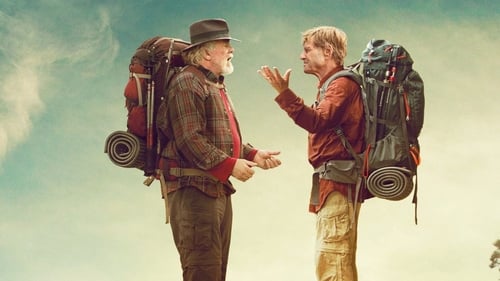
After spending two decades in England, Bill Bryson returns to the U.S., where he decides the best way to connect with his homeland is to hike the Appalachian Trail with one of his oldest friends.

In 1967 Canadian filmmaker Hugh O'Connor came with a crew to eastern Kentucky to make a film showing people from all walks of life in the United States. They finished the day by filming coal miners and their families in rental houses. As the filmmakers were leaving, Hobart Ison, the owner of the property, drove up and fired three shots, killing Hugh O'Connor. Elizabeth Barrett, from Kentucky herself, explores why this happened by trying to understand the people and culture of eastern Kentucky.

In the same vein as Meri's other documentations, this one takes advantage of the glasnost policy to discuss the social and ecologic impact of the Russian oil industry on the natives and the lands they inhabit.

When the magic powers of The Tablet of Ahkmenrah begin to die out, Larry Daley spans the globe, uniting favorite and new characters while embarking on an epic quest to save the magic before it is gone forever.
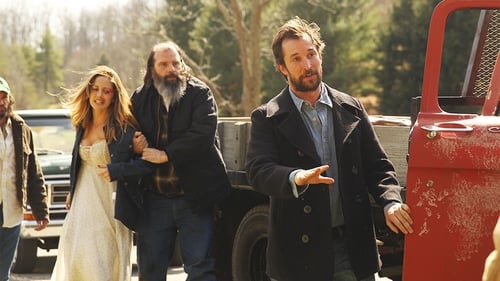
In a rural Appalachian community haunted by the legacy of a Civil War massacre, a rebellious young man struggles to escape the violence that would bind him to the past.

Educating the children of Appalachia.

During World War I, African-Americans worked on the railroad near Corbin, Kentucky. When whites returned from the war, there was conflict. Whites sought their former jobs and positions in the community. In 1919, a race riot occurred. Whites put the African-Americans on railroad cars and ran them out of town. In Trouble Behind, members of the Corbin community speak out on the issue. The filmmakers also interview former members of the Corbin, which at the time of filming had only one black family. Some Corbin residents express confusion as to why African-Americans don't move back. Others openly use racial epithets. Some young adults seem troubled by the racism, past and present. Others don't.

Set in the North Carolina Appalachians, Sprout Wings and Fly honors the fiddle playing of 82-year-old Tommy Jarrell of Toast, NC. Tommy was quirky, gregarious and generous, and this film shows him at his best, in fine fiddling form.
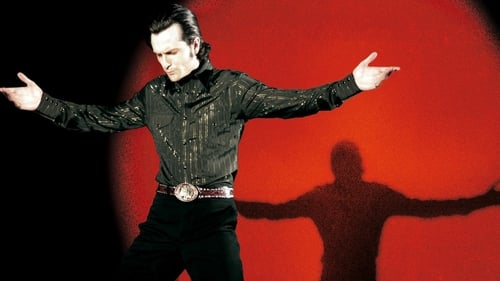
Deep in the heart of the Appalachian Mountains in West Virginia, where every man owns a gun and a moonshine still, abides living legend Jesco White, "the dancing outlaw". As a boy Jesco was in and out of reform school and the insane asylum. To keep him out of trouble, his daddy D-Ray taught him the art of mountain dancing, a frenzied version of tap dancing to wild country banjo music. After his father's death, crazy Jesco dons his father's tap shoes and takes his show on the road.

A troubled woman seeks out the child she gave up for adoption; a gay motel owner takes in a handsome drifter; and the wife of a preacher frets that a gay couple has moved in across the street. All of their lives will intersect as Loggerheads subtly draws out their secret losses and desires.
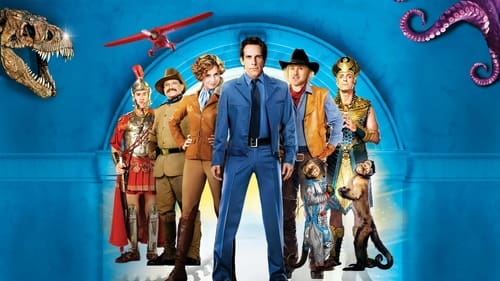
Hapless museum night watchman Larry Daley must help his living, breathing exhibit friends out of a pickle now that they've been transferred to the archives at the Smithsonian Institution. Larry's (mis)adventures this time include close encounters with Amelia Earhart, Abe Lincoln and Ivan the Terrible.

A roaming hillbilly, on a quest to defy the Devil, encounters several supernatural characters and does battle with his silver-stringed guitar.

This uneven and uninspired documentary of Africa is a collection from various stock footage. Female dancers in mod clothes dance on the Eiffel Tower in comparison to the primitive dances of native Africans. A lone runner trains for a marathon, and a few animals are shown in their natural habitat. Commentary and modern jazz and pop music help to make this seem much longer than 66 minutes.

One of the most important Kentuckians of the 20th century, Harry Caudill brought the story of Appalachia to national attention when his book “Night Comes to the Cumberlands” was released in 1963. The nonfiction account of Eastern Kentucky’s coal region, part history and part polemic, eloquently recounted the exploitation of Appalachia’s land and its people by business and government interests, and made Caudill a national spokesperson for his homeland. Harry Caudill spent his life advocating for Eastern Kentucky, with the aim of helping the powerless as well as securing the region’s unmatched natural resources for future generations. His work led to lasting government reforms for Appalachia, and his legacy remains a touchstone for activists today.

The grand opening dedication ceremony of the Smithsonian's National Museum of African American History and Culture.

A five-year visual ethnography of traditional yet practical orchestration of Semana Santa in a small town where religious woodcarving is the livelihood. An experiential film on neocolonial Philippines’ interpretation of Saints and Gods through many forms of rituals and iconographies, exposing wood as raw material that undergoes production processes before becoming a spiritual object of devotion. - A sculpture believed to have been imported in town during Spanish colonial conquest, locally known as Mahal na Señor Sepulcro, is celebrating its 500 years. Meanwhile, composed of non-actors, Senakulo re-enacts the sufferings and death of Jesus. As the local community yearly unites to commemorate the Passion of Christ, a laborious journey unfolds following local craftsmen in transforming blocks of wood into a larger than life Jesus crucified on a 12-ft cross.

Set in West Virginia during the 2014 Elk River chemical spill, a first-generation college student clashes with her family while investigating a bizarre issue with their water supply.














